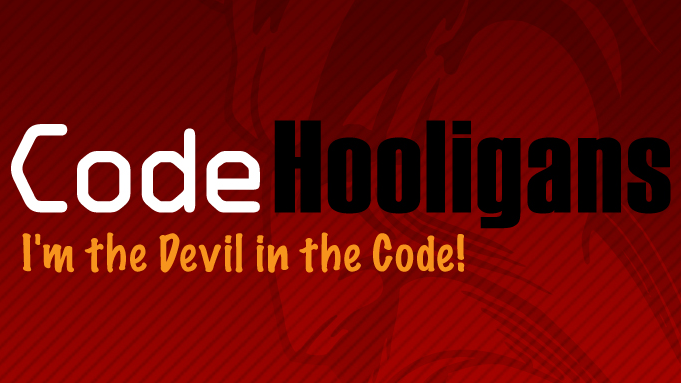It’s kind of strange but this week I’ve had no less than 5 separate conversations with 5 different sets of people on the topic of ‘Enterprise Web Content Management System or Application’. The context of these conversations are similar. All centered around client proposals where they ask for something specific ‘Enterprise-class’. Never do our clients specify the desired functionality as in – ‘We need to host this from multiple servers around the world where content is entered by various authors’. Normally the client will just through in ‘CMS must be Enterprise-class’ to add weight to the subject and basically send everyone onto a panic. Mostly the intention is to describe the CMS requested as not being a simple system because well the client is special and they don’t really want something ordinary.
So here are my thoughts on any Enterprise web solutions. These are just common requests from the client in no particular order:
“Need to be accessed by 10 different countries” – The web server is centralized. It can be accessed from anywhere. It’s not like the old pre-Web days when an application lived on the network and you had to install multiple copied in various domain but keep the data synchronized realtime. On the contrary, Web Applications like a CMS are centralized. If 10 people from 10 different countries need to access the same system then there is no trick to having them access the same single server. Though there might be some language issues. I’ve seen requests were the client wants to maintain the site in English but have the site burned into various languages when published. This will feed to different instances of the site that handle the language presentation. First I will say machine language translation is not always accurate. There are problems with the context of verbs and adjectives when translated from say English to Spanish, Russian, etc. Besides, this multi-language functionality is really part of the CMS and does not affect the server being accessed by the author.
“The system needs to be up %99.99” or “We expect a very high volume of traffic”. Well okay. Mostly this means setting up multiple servers or better going with a reputable ISP to ensure the server stays up. As for the load issues something to consider is as you go up the scale for commercial CMS system you run into a point where the CMS itself is using almost as much system resources as the content delivery.
“We need to interface this CMS into various back-end system” – This is another common request from clients. But again has nothing to do with wether the CMS is commercial or free. The ability to connect the CMS into other client systems is more a function of the “hack-ability” of the code itself. Here is an example. A client back in the Spring requested a CMS. Of the functionality requested the needed an Event Management system. The Event tool was to be designed to allow external users to signup and create events. Up to this point in the discovery we planned on using a commercial CMS because the client had another site using the same CMS and we assumed the client would appreciate not needing to learn another package. But the problem is the commercial CMS is a closed system. It is very hard to write custom modules to integrated into it. At this point we started looking for external Event systems like Meetup.com or Upcoming.org. The client decided they wanted the Event tool integrated into the site not something separate. At this point I changed the CMS recommendation to be WordPress. I consider WP to be a very easy to learn CMS. So the client should have no real issues getting the hang of the new tool. Also WP is all PHP, no new template language to learn for the developer. Writing a custom Event tool for WP is a simple task since we have the WP source and can hack it if/when needed. In the end the solution was a perfect fit for the client needs.
“We need a workflow” – From the many commercial and free CMS packages I’ve seen in the last 12-18 months there is a split. Not all the commercial package offer a workflow. Also some of the free one also offer a simple workflow. But it’s not a rule that if you offer a commercial CMS you are also providing a Workflow.
“We need commercial support’ – This is agreed. If the client is a big company they generally are used to the license fees and support fees associated with a commercial package wether it’s a CMS or not. If the client is such that they want to be able to pickup the phone and contact someone fix some issue they by all means go with the commercial package. But also be aware some free CMS packages like WordPress and even Movabletype (I known MT is not free) offer VIP commercial support contracts.
So what is your definition of “Enterprise”?
